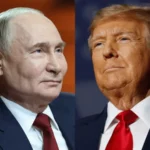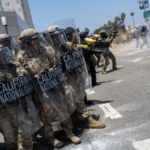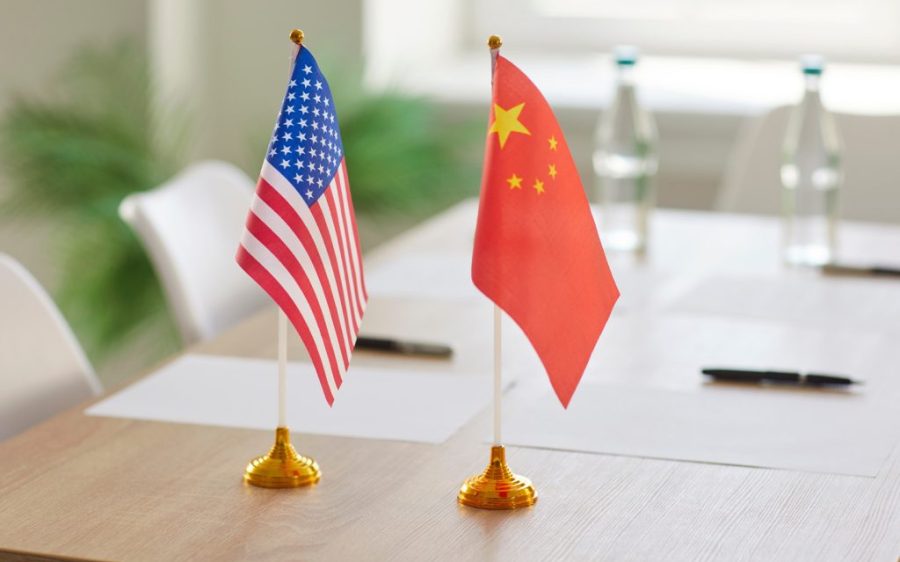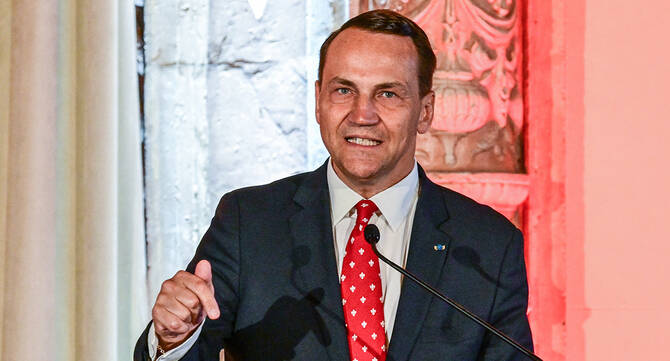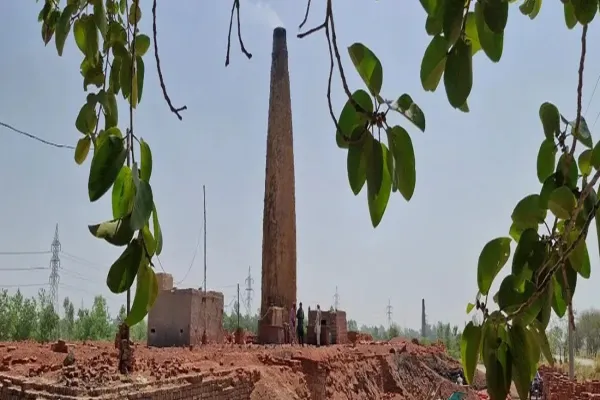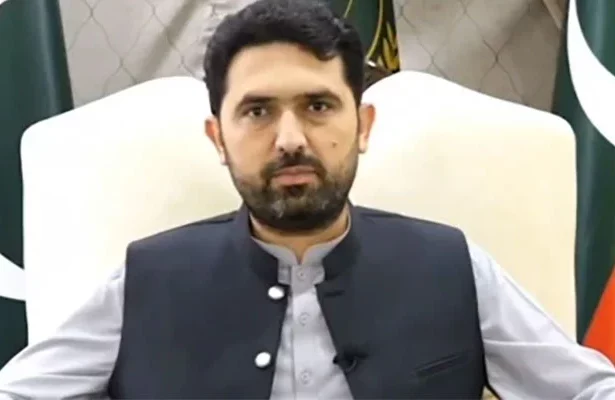Summary: Trump imposed a travel ban on countries including Afghanistan, Iran and Yemen. WASHINGTON: On Wednesday, Trump signed a new travel ban on several countries on account of the country’s security issues. Travel ban followed an attack in Colorado: Trump has announced a new travel ban targeting 13 countries following a violent attack in Colorado. …
Trump’s Travel Ban On 12 Countries Sparks Global Debate
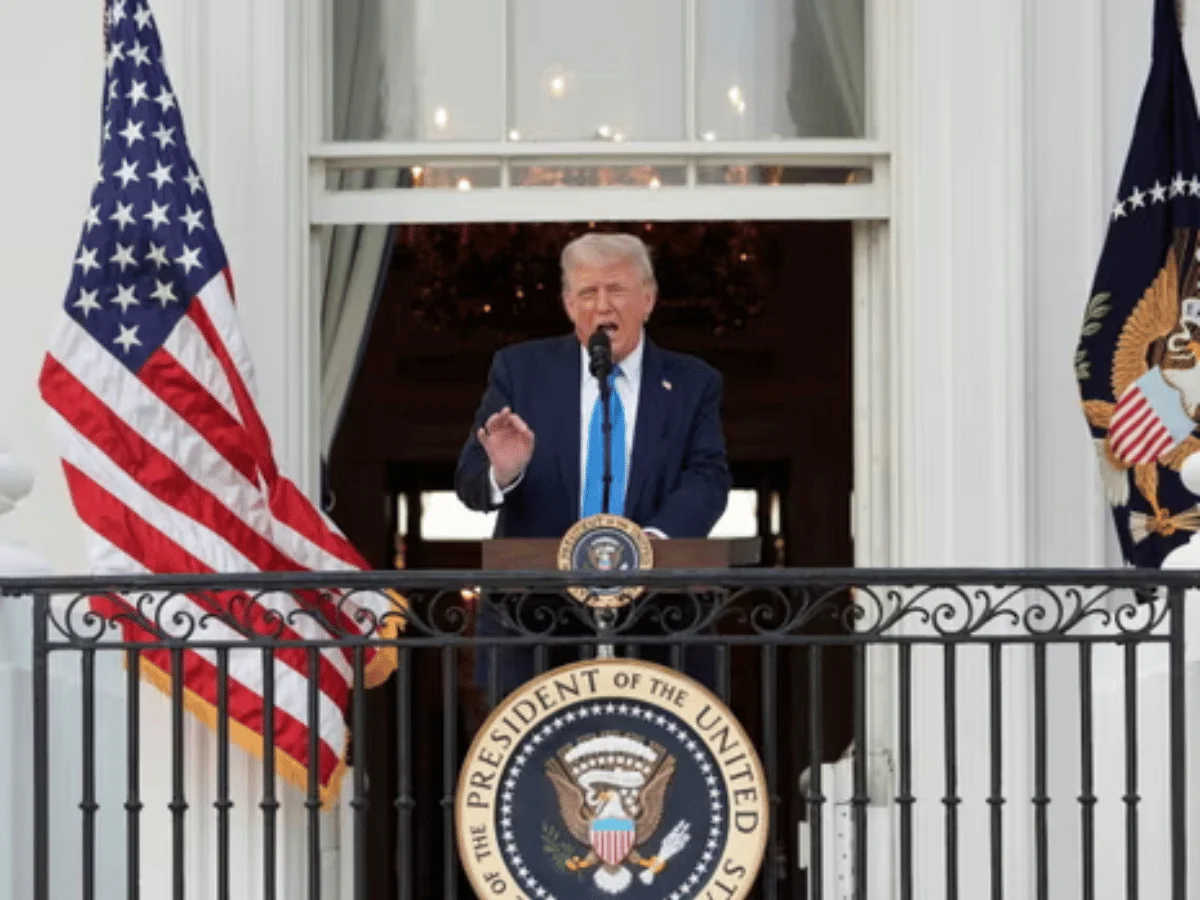
Summary:
Trump imposed a travel ban on countries including Afghanistan, Iran and Yemen.
WASHINGTON: On Wednesday, Trump signed a new travel ban on several countries on account of the country’s security issues.
Travel ban followed an attack in Colorado:
Trump has announced a new travel ban targeting 13 countries following a violent attack in Colorado. The incident involved an Egyptian man, Mohammed Sabry Soliman. Soliman used a makeshift flamethrower to attack a group of Jewish protesters in Boulder.
Trump claimed the attacker had overstayed a tourist visa and applied for asylum in 2022. It highlighted flaws in the US immigration system. Trump said on his Truth social media account, “The recent terror attack in Boulder, Colorado, has underscored the extreme dangers posed to our country by the entry of foreign nationals who are not properly vetted.”
Banned countries:
In a new travel ban, Afghanistan, Myanmar, Chad, Congo, Equatorial Guinea, Eritrea, Haiti, Iran, Libya, Somalia, Sudan, and Yemen are totally banned from visiting the US. Burundi, Cuba, Laos, Sierra Leone, Togo, Turkmenistan, and Venezuela will face partial restrictions. Some visa types, like temporary work permits of these countries, are allowed.
Also Read: Trump Warns Of Russia’s Planned Retaliation After Ukraine’s Drone Strikes
Egypt is not on the banned list of countries. It raised astonishment at Trump’s criteria for excluding countries. Trump clarified it and said the banned countries lack infrastructre to vet the citizens. That is why we don’t want them.
Ban excludes athletes from the restrictions:
The ban includes exceptions for international athletes competing in the 2026 FIFA World Cup and the 2028 Summer Olympics in Los Angeles. This exemption suggests the administration is also considering diplomatic and public relations factors in global sports.
Travel ban faces criticism:
International leaders and human rights groups criticised the travel ban. Venezuela responded by issuing a travel warning to its own citizens. Venezuela’s Interior Minister said, “Being in the United States is a great risk for anyone, not just for Venezuelans.”
Critics argue that Trump is using isolated incidents to justify harsh, broad-sweeping immigration measures. Critics say the policies reflect more of a political strategy than a national security agenda. Trump said, “We will not let what happened in Europe happen in America.”
Travel ban targets the educational sector:
Trump signed an executive order to ban foreign student visas. He called Harvard University a “hotbed of liberalism.” He accused Harvard of engaging in illegal conduct and spreading anti-American views.
The order suspends the issuance of new student and research visas for six months and suggests visas of currently enrolled international students could be revoked. The decision was met with alarm from students and faculty.
A Harvard student from Austria told reporters, “I’m trembling. This is outrageous.” A spokesperson stated, “This is yet another illegal retaliatory step. Harvard will continue to protect its international students.”
Columbia University also came under fire. The US Education Department warned the school that it may lose its federal accreditation due to its handling of recent campus protests related to the Israel-Palestine conflict. Education Secretary Linda McMahon accused Columbia of allowing anti-Semitism to spread on campus. Trump’s actions have reignited global debates on national security, human rights, and America’s role in international education.


